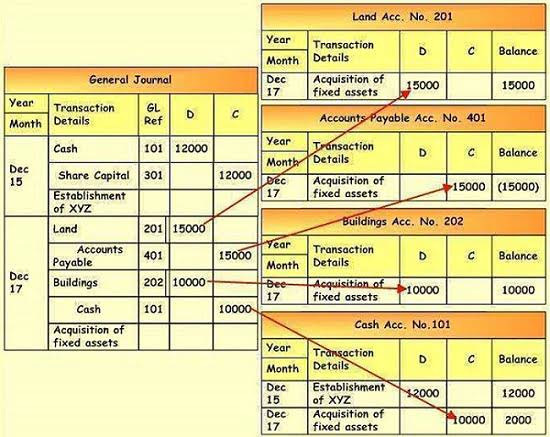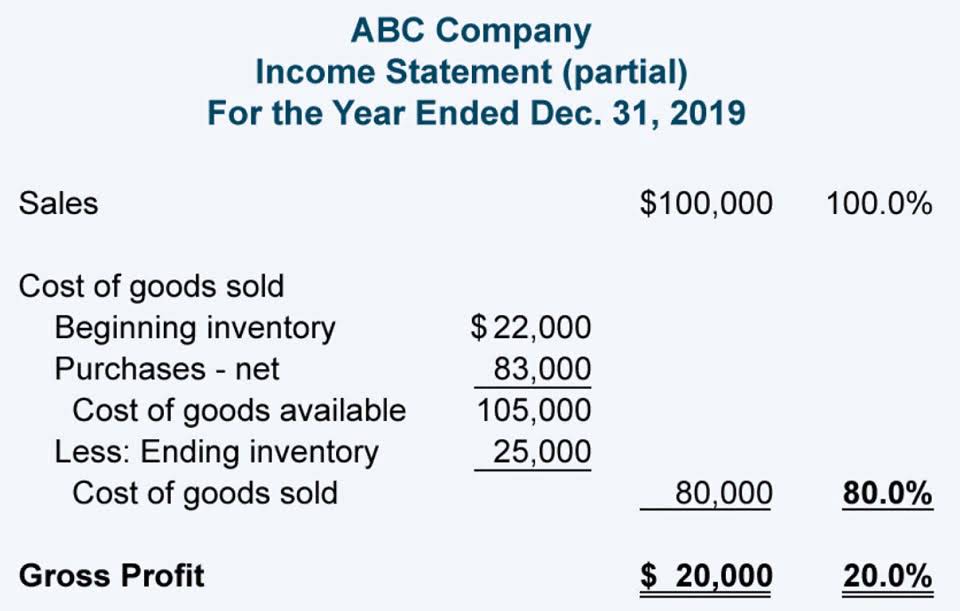
The IRS doesn’t use a straightforward formula to achieve this conversion from raw to scaled score. So as much as some of you would like to know, I am not able to tell you how exactly this is done. Please allow 60 days for processing ( days if you are a former IRS employee).

Diagnostic Reports: Understanding Your Score Breakdown

Some CPE providers offer dashboards that allow you to track your completed courses and hours in real time. If you lose your status, you will need to reapply and, in some cases, retake the SEE to regain your credentials. The exam is administered by Prometric and is available year-round.

Experience the Surgent Difference
A random guess has a 25 percent chance to be correct, as opposed to a 0 percent chance when not answered at all. The Enrolled Agent exam is a challenging test that covers a variety of https://x.com/BooksTimeInc topics. The questions can be tricky, and it’s important to know how to approach and interpret them correctly. Here is some helpful information on Enrolled Agent exam questions and approaches you can take to study.
Get a review course specifically for the Enrolled Agent Exam

Time management skills are critical during preparation, as they are during the exam. If you still haven’t passed, you can take it again in the next testing window; however, passing scores are only valid for three calendar years before they expire8. All score values above passing indicate that a candidate is qualified — not how qualified. Once you receive your certification, you can officially represent taxpayers before the IRS in all tax matters, including audits, collections, and appeals. However, maintaining your status requires you to renew your enrollment every three years enrolled agent exam passing score by fulfilling the IRS’s Continuing Education (CE) requirements.

Part Three – Representation, Practices, and Procedures
However, it’s important to note that not everyone who takes one exam part takes the other two, and the pass rates therefore can’t be reliably compared to one another. For example, the number of candidates who take SEE 1 is nearly twice the number of those taking SEE 2 and SEE 37. An Enrolled Agent (EA) is a tax professional who has the legal authorization to represent clients with their tax issues before https://www.bookstime.com/ the IRS. This may involve defending a tax return, assisting a client during an audit, or even representing them in an appeal. Enrolled Agent is the highest credential awarded by the IRS and allows you to practice in all 50 states and territories, without limitation on who you can represent. The SEE exam score interpretation is that after answering all exam questions (100 questions, but 85 are scored), the IRS will convert your raw score to a scale between 40 and 130.
- Stick to your study plan and use self-study materials, webinars, and practice questions to stay on track.
- The scoring methodology was determined by the IRS following a scoring study.
- Once you’ve passed all three sections of the Enrolled Agent Exam (SEE), applying for official Enrolled Agent certification with the IRS is next.
- Employ time-saving techniques such as mnemonic devices to aid in memorizing complex concepts and rules.
- This means that many complete Section 3 first, then go on to Section 1, and then save Section 2 for last.
Each exam part may be taken 4 times per testing window, which runs from May 1 to the end of February. Once you’ve passed all three sections of the Enrolled Agent Exam (SEE), applying for official Enrolled Agent certification with the IRS is next. This process involves submitting Form 23 and paying a small application fee.
- During the period May 1, 2016 to August 13, 2016 in which there was no immediate scoring, the two-year carry over period was extended for candidates who took an exam during this time frame.
- For more information about the Enrolled Agent Exam, you can visit this link.
- This part covers topics such as partnerships, corporations, estates, and trusts.
- This includes at least 16 hours of CE per year, two of which must be in ethics.
- Unlike many professional jobs, you don’t need a degree in a specific field of study—or a degree at all—so you can take the EA exam at any point.
The scaled scoring ensures equitable treatment of all candidates, irrespective of the specific exam form’s complexity. Therefore, a score of 105 does not necessarily correspond to a fixed percentage of correct answers. But, it’s fairly safe to assume that you need a 73% or higher to pass. You must retake and pass any failed exam parts before applying for enrollment. You can take each exam part up to four times within a single testing window. If you still haven’t passed, you can take it again in the next testing window.
